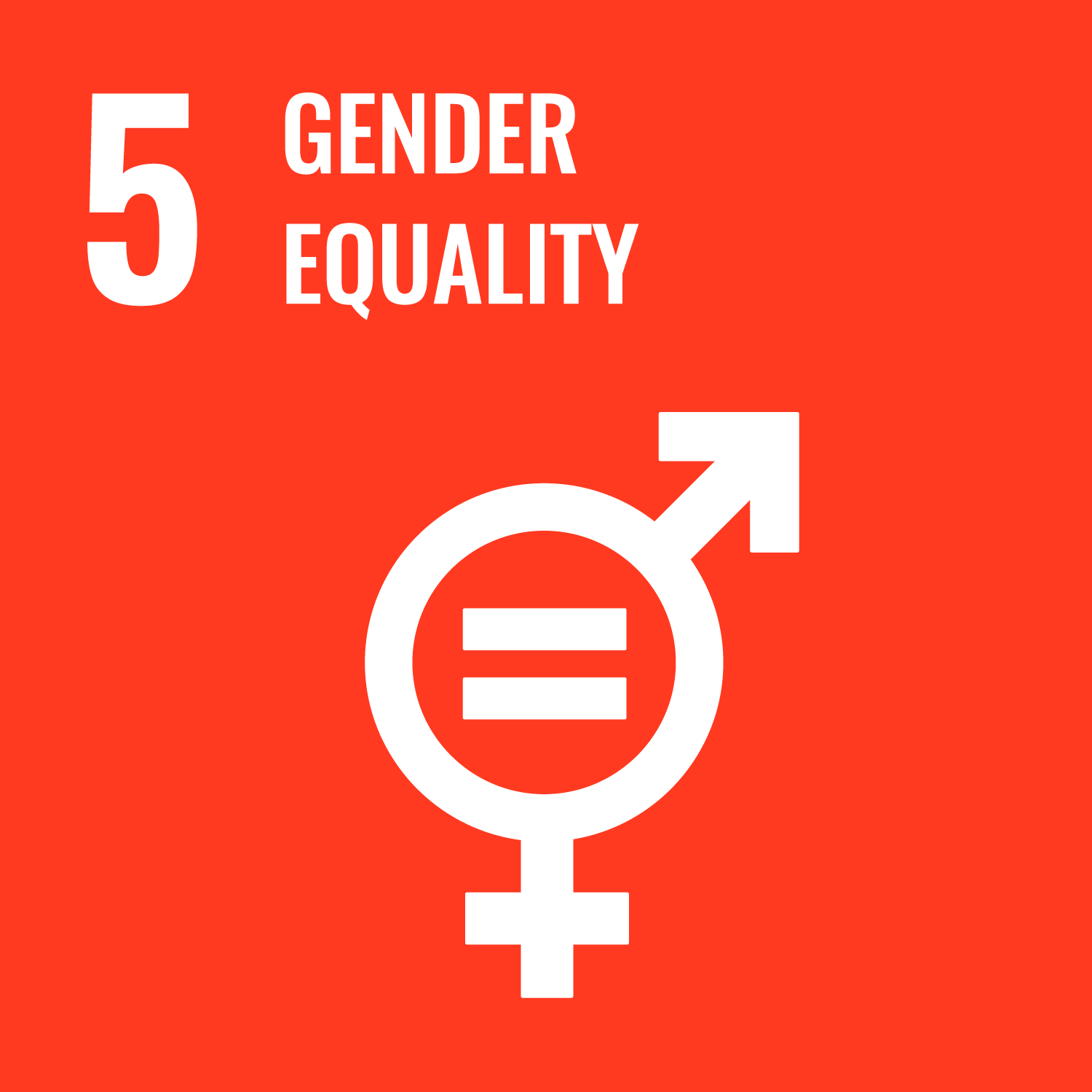Undergraduate Thesis Research 1
In the fourth year, based on the basic knowledge acquired in the third year, students are divided into laboratories, where
they decide on specific themes with their instructors, and conduct comprehensive research including presentations in the first
and second semesters. In Undergraduate Thesis Research 2, students independently conduct lectures, self-study and design,
and simulations on specific issues according to the policy of each laboratory, and report the results of these activities.
Students will conduct research as the culmination of their four years at the university, and develop the skills to summarize
and present their findings.
- To be able to find their own issues and set their own research themes.
- To be able to propose solutions and improvement methods to research theme issues and set goals for their effectiveness.
- Evaluate the proposed theory and methods, and discuss the degree of achievement and remaining issues.
| Research | Seminar | Thesis | Total. | |
|---|---|---|---|---|
| 1. | 10% | 15% | 10% | 35% |
| 2. | 10% | 15% | 10% | 35% |
| 3. | 10% | 10% | 10% | 30% |
| Total. | 30% | 40% | 30% | - |
Mathematical Analysis Laboratory (Tetsuya Ishiwata)
Applied Mathematical Science Laboratory (Tomoyuki Idogawa)
Nonlinear Mathematics Laboratory (Yuko Enomoto)
Numerical Analysis Laboratory (Katsuhisa Ozaki)
Algebraic Topology Laboratory (Kameko Masaki)
Coordinated Control Laboratory (Guisheng Zhai)
Group Theory Laboratory (Kenichi Shimizu)
Mathematical Physics Laboratory (Tatsuo Suzuki)
Functional Equations Laboratory (Shingo Takeuchi)
Education and Welfare Studies Laboratory (Yukako Tanaka)
Representation Theory Laboratory (Hiroyoshi Tamori)
Financial Engineering Laboratory (Tomonori Nakatsu)
Computational Mathematics Laboratory (Akiko Fukuda)
Applied Mathematical Science Laboratory (Tomoyuki Idogawa)
Nonlinear Mathematics Laboratory (Yuko Enomoto)
Numerical Analysis Laboratory (Katsuhisa Ozaki)
Algebraic Topology Laboratory (Kameko Masaki)
Coordinated Control Laboratory (Guisheng Zhai)
Group Theory Laboratory (Kenichi Shimizu)
Mathematical Physics Laboratory (Tatsuo Suzuki)
Functional Equations Laboratory (Shingo Takeuchi)
Education and Welfare Studies Laboratory (Yukako Tanaka)
Representation Theory Laboratory (Hiroyoshi Tamori)
Financial Engineering Laboratory (Tomonori Nakatsu)
Computational Mathematics Laboratory (Akiko Fukuda)
Based on the content learned in the third-year course “Seminar in Mathematical Sciences,” students study and conduct research
on more advanced and specialized content in the integrated research. The “Study Fields” and “Research Themes” of each laboratory
can be found on the official university page “Faculty and Laboratory Introductions” below.
https://www.shibaura-it.ac.jp/en/research/
https://www.shibaura-it.ac.jp/en/research/
| ways of feedback | specific contents about "Other" |
|---|---|
| Feedback in the class |
- Course that cultivates an ability for utilizing knowledge
- Course that cultivates a basic interpersonal skills
- Course that cultivates a basic self-management skills
- Course that cultivates a basic problem-solving skills
| Work experience | Work experience and relevance to the course content if applicable |
|---|---|
| N/A | N/A |







- 1.NO POVERTY
- 4.QUALITY EDUCATION
- 5.GENDER EQUALITY
- 8.DECENT WORK AND ECONOMIC GROWTH
- 9.INDUSTRY, INNOVATION AND INFRASTRUCTURE
- 16.PEACE, JUSTICE AND STRONG INSTITUTIONS
- 17.PARTNERSHIPS FOR THE GOALS
Last modified : Sun Mar 30 04:04:04 JST 2025
